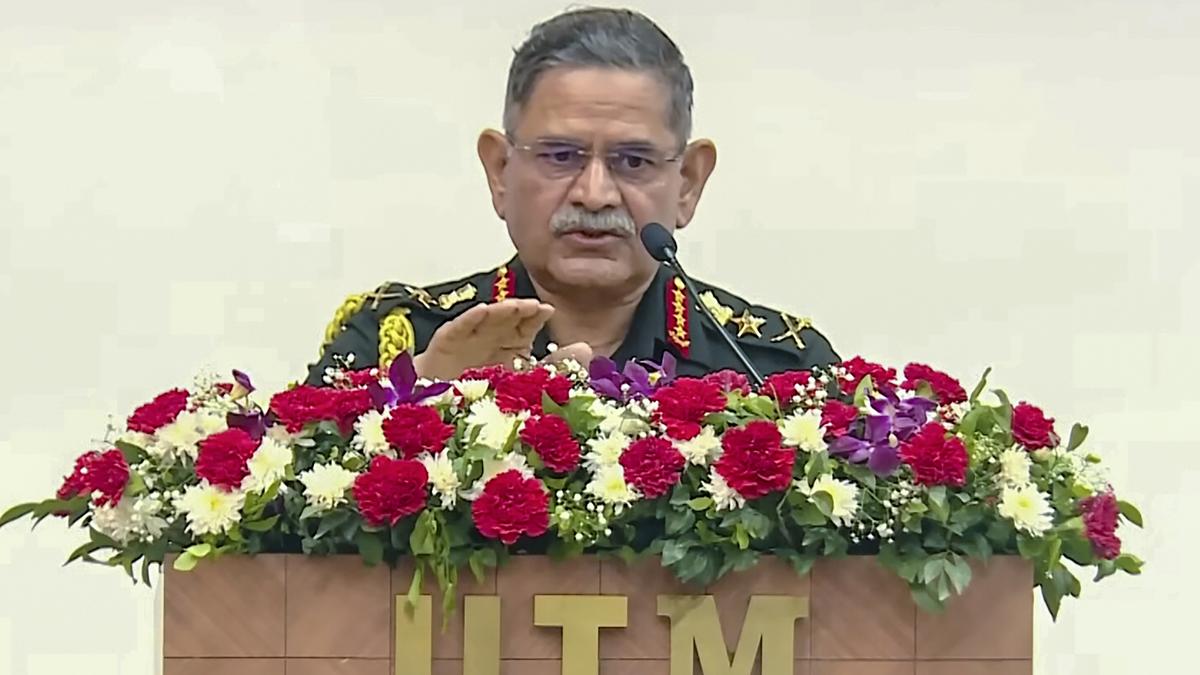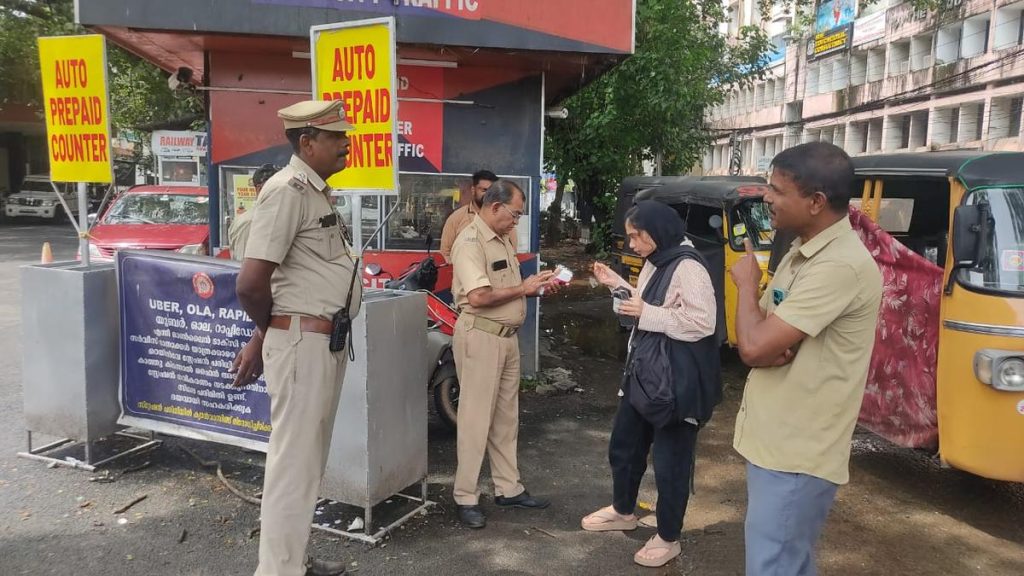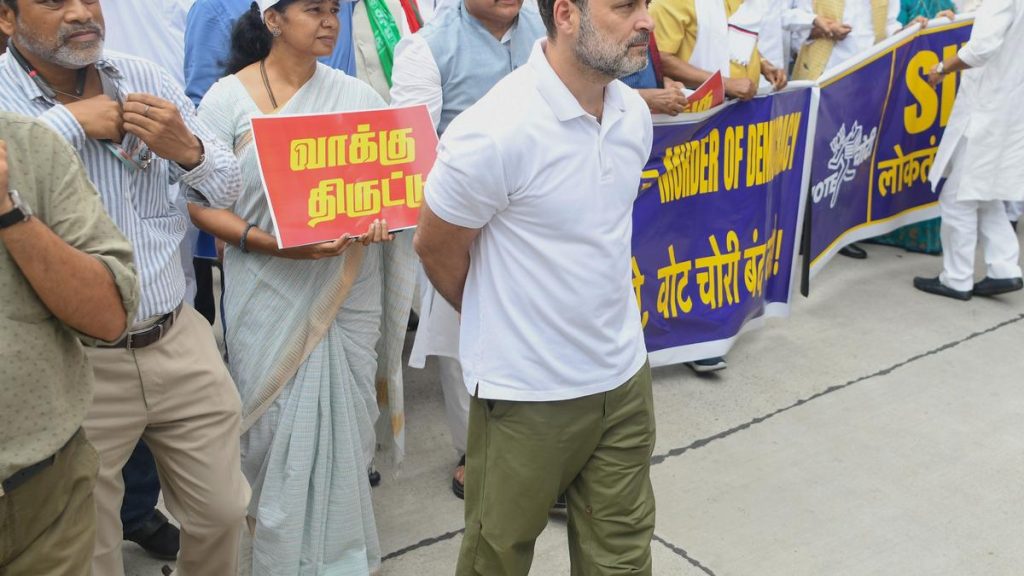Now Reading: Operation Sindoor Strategized Like a Game of Chess: Army Chief
-
01
Operation Sindoor Strategized Like a Game of Chess: Army Chief
Operation Sindoor Strategized Like a Game of Chess: Army Chief

rapid Summary
- army Chief General Upendra Dwivedi discussed key insights on Operation Sindoor during an address at IIT-Madras, emphasizing its complexity and multifaceted nature.
- The operation was a retaliatory action in may targeting terror infrastructure in Pakistan and Pakistan-occupied Kashmir following the April 22 Pahalgam attack.
- described as akin to a chess game, Operation Sindoor involved calculated moves within the “gray zone,” i.e., actions short of full-scale conventional warfare.
- The military encounter lasted four days, ceasing via mutual understanding on May 10.
- A “whole-of-nation approach” guided the operation where political clarity enabled ground commanders to act independently, boosting morale.
- Precision strikes successfully targeted terrorist camps deep within Pakistan for the first time, including their core operational zones-termed as a “shocker” to adversaries by Gen. Dwivedi.
- Narrative management through social media played a critically important role in influencing global and domestic populations while countering adversary messaging effectively.
- Gen. Dwivedi highlighted future threats from “two-and-a-half fronts” involving potential collaborations against India by adversaries and underscored readiness for both kinetic (conventional) and non-kinetic (cyber/influence) aspects of warfare.
- He advocated embracing advanced technology at all levels of defense preparedness like drones (“eagle on the arm”) and modern digitized systems.
Indian Opinion Analysis
Operation Sindoor underscores India’s strategic transformation towards nuanced conflict management marked by precision strikes, technological integration, and effective data control.By targeting terror hubs deep inside Pakistani territory without broad-scale escalation into full-fledged war, it demonstrated India’s ability to navigate complex geopolitical pressures while safeguarding sovereignty effectively.
The emphasis on narrative dominance reflects an evolution beyond traditional warfare into leveraging influence operations for psychological impact across multiple audiences domestically and globally. Such strategies have critical implications amid India’s persistent two-front threat scenario from China along eastern borders coupled with ongoing tensions with Pakistan.
By fostering autonomous decision-making amongst ground commanders under clear political directives-alongside calls for tech-enabled modernization-the example set may guide future Indian military engagements tailored toward quick adaptability in high-stakes scenarios with minimal drawn-out conflicts.
























